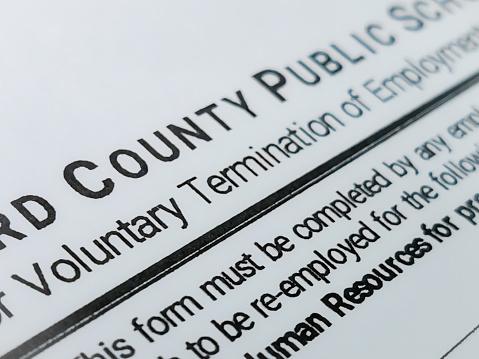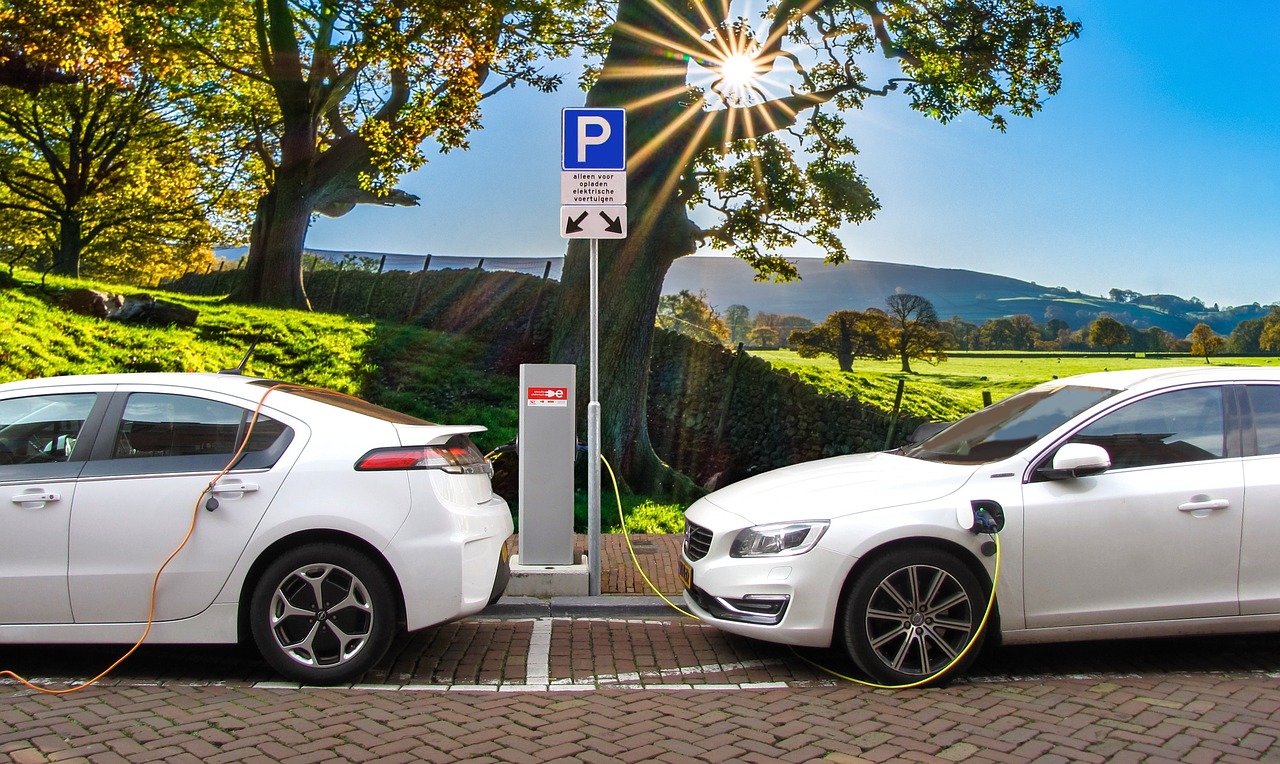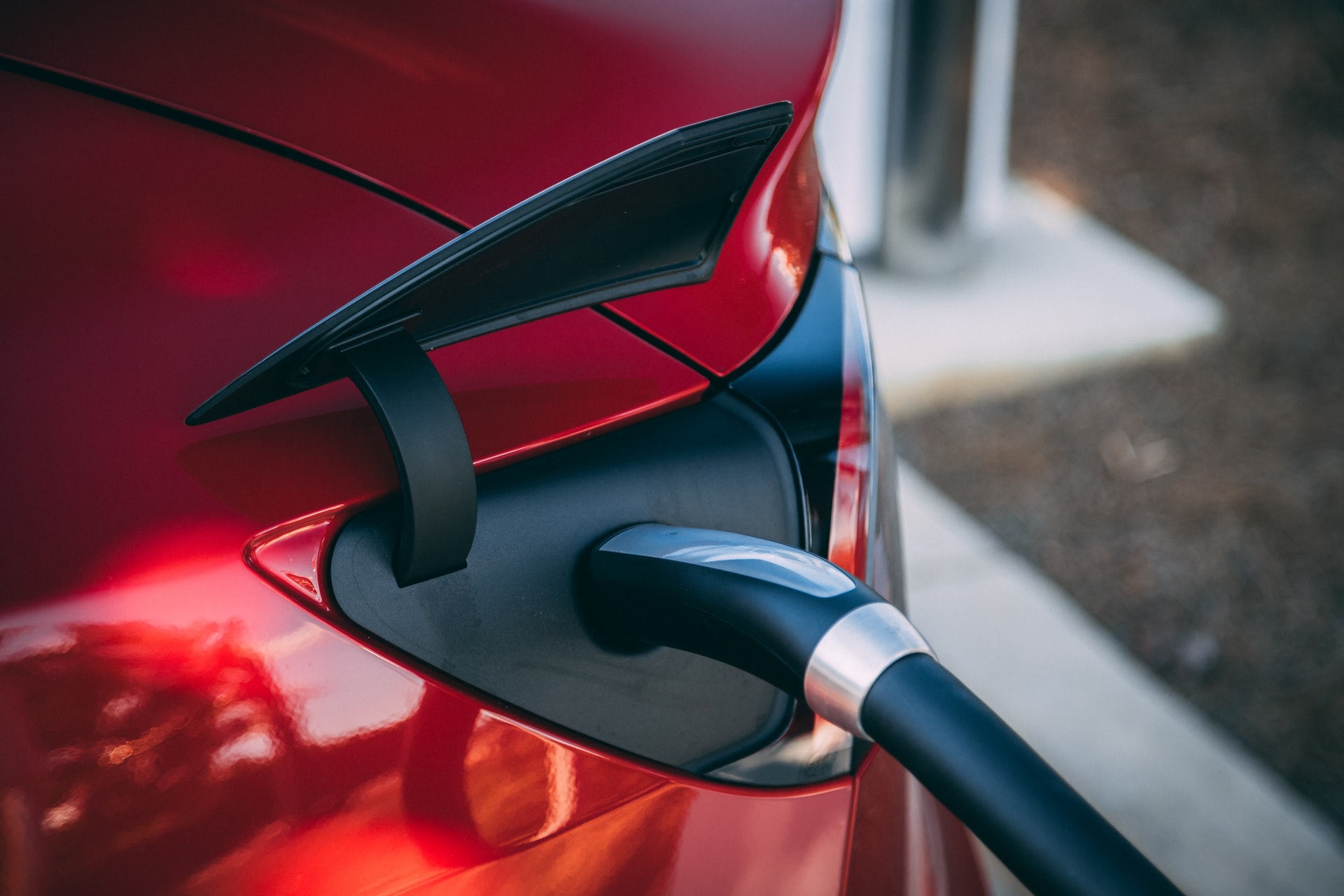

Roman Danaev
Voluntary termination (VT) offers a way out of a car finance agreement if you’re no longer able to keep up with payments. This guide explains how VT works, the steps involved, and what to watch out for, helping you make an informed choice. Learn the key details to protect your credit and avoid unnecessary costs when ending your agreement.
What is voluntary termination?
Voluntary termination allows you to legally end a car finance agreement early, giving you the option to return the vehicle and exit the contract in specific situations. If you lose your job, face unexpected costs, or encounter significant changes in your circumstances, this option lets you avoid penalties and move on. While finance companies may not prefer it, voluntary termination safeguards your interests.
Exercising this right can sometimes be complex. This guide covers how voluntary termination works, when you qualify to use it, and what steps to take for a smooth process.
How voluntary termination works?
Voluntary termination (VT) applies to both new and used cars financed through Personal Contract Purchase (PCP) or Hire Purchase (HP) agreements. To qualify, you need to meet two main conditions:
- The car should have no excessive wear or damage—only normal wear and tear is acceptable.
- You must have repaid at least 50% of the Total Amount Payable, which includes the car’s price plus any interest agreed upon.
If you meet these conditions, you can return the car and end your finance agreement without further charges.
How does it work for PCP?
In a Personal Contract Purchase (PCP) agreement, reaching 50% of the total finance amount isn’t as simple as making monthly payments halfway through. This 50% includes interest, fees, and a balloon payment—a final, often large, payment due at the end of the term. This means even if you’re halfway through your payments, you may not have met the 50% threshold.
If you haven’t yet paid 50%, you can still end the agreement by covering the remaining amount to reach this minimum.
For example:
- Total car finance amount: £12,000
- Total repayment amount with interest: £14,000
- Monthly payments: £185 over 48 months
- Final balloon payment: £5,300
At the halfway point, you’d have repaid £4,440. You’d need to pay an additional £2,560 to reach the 50% requirement.
Once you meet this threshold, you can voluntarily terminate the contract. However, any payments beyond 50% won’t be refunded.
How does it work for HP?
Voluntary termination under a Hire Purchase (HP) agreement is simpler than with PCP. Unlike PCP, HP doesn’t involve a lump-sum balloon payment; instead, your repayments are evenly spread across the term.
Once you reach the halfway point in your payment schedule, you automatically meet the 50% requirement. If you’re short of this amount, simply pay the difference to complete the termination.
Voluntary termination or voluntary surrender?
Voluntary termination differs from voluntary surrender. Your finance company might mistakenly—or even intentionally—classify your voluntary termination as a surrender. Understanding the difference helps ensure correct processing of your application, sparing you from unexpected charges that could run into thousands of pounds.
With voluntary surrender, you return the car but remain liable for the outstanding loan amount. If the finance company auctions your car, you’ll still need to cover any shortfall between the sale price and the remaining loan balance.
In contrast, voluntary termination limits your liability to 50% of the Total Amount Payable plus any unpaid arrears. After termination, you owe nothing further.
Voluntary termination is your legal right
Under Section 99 of the Consumer Credit Act 1974, you have the right to terminate both Hire Purchase and Personal Contract Purchase agreements. This law applies broadly across goods, not just vehicles. For specifics on how it relates to your finance plan, check your contract documentation, which outlines your rights.
The UK Government introduced the Consumer Credit Act to regulate the credit industry and protect private consumers. These regulations ensure lenders are transparent about all options available to you.
Some finance companies may try to sway your decision, so knowing your rights is essential to making an informed choice.
Exploiting the safety net
Some borrowers attempt to use voluntary termination without legitimate grounds. Since voluntary termination often costs the finance company, they are cautious; the 50% repayment typically doesn’t cover a car’s depreciation, especially when the car loses value faster than expected.
This process can be confusing, which may work in favour of lenders. They generally want to ensure you’re not ending the agreement simply because early cancellation benefits you more than completing the term.
If you follow the correct steps, the lender must approve your voluntary termination. Locate this "get-out" clause before signing any agreement, and be aware that using it might affect your chances of financing with the same lender in the future.
When can I voluntarily terminate my agreement?
The three main reasons for voluntary termination (VT) are changes in your circumstances, no longer needing the car, or finding a new finance deal.
- Your financial or personal circumstances have changed. If job loss, health issues, or larger financial obligations make repayments unmanageable, VT can help you avoid further debt.
- You no longer need this car. You might have received a car as a gift, moved to a different area, or decided to stop using private transport. Perhaps the car simply hasn’t added value for you.
- You want a new finance deal. If you’ve found better terms elsewhere or prefer a newer model, VT lets you end your current agreement.
You don’t need to explain your reasons to the lender, though sharing your circumstances can sometimes help. Even if your reason isn't listed, early termination is still an option.
What sort of damages are covered and not covered?
The law doesn’t clearly define “reasonable damage” or “normal wear and tear,” leaving room for interpretation and potential dispute with the finance company. However, typical voluntary termination cases suggest what is usually considered acceptable or unacceptable.
Acceptable wear and tear includes:
- Minor chips on the windscreen and windows (no spreading cracks);
- Small repairs to chips, as long as they’re completed to a high standard through authorised centres;
- Light scratches that can be polished out;
- Small areas of topcoat paint chipping (without base coat damage);
- Light rust or corrosion on wheel trims (not excessive);
- Minor scratches on headlights;
- Scratches covering less than 50% of a rim;
- Light wear on carpets, upholstery, and seat covers.
Unacceptable wear and tear includes:
- Dents or scratches with rust or base coat damage;
- Large cracks;
- Faulty wiper blades;
- Missing or heavily scuffed interior parts;
- Strong odours (e.g., smoke or pet smells);
- Warning lights or mechanical issues;
- Damaged brake discs;
- Missing or incomplete service history.
It’s best to assess the car’s condition before the finance company inspection, as you’ll need to rely on your own judgement about what might need addressing.
How do I start a voluntary termination?
Voluntary termination of car finance is generally used once you’ve passed the halfway point of your agreement, though you can technically initiate it at any time. To begin, inform the finance company in writing that you wish to use voluntary termination (VT).
Here’s how to proceed:
- Notify the finance company of your decision in writing, either via email or a signed letter—or ideally, both. Send the letter by recorded delivery to the address in your credit agreement, and keep proof of postage.
- Use clear phrases like “terminate my agreement” or “voluntary termination.” Avoid signing any new contracts or agreeing to surrender or repossession.
- Return the car to the dealership for inspection, or arrange for the finance company to collect it.
- Hand over the service history and keys, and take photos as evidence of the car’s condition upon return.
Once the lender confirms there’s no remaining balance, your debt obligation is cleared.
How long does voluntary termination take?
The time required for voluntary termination depends on how quickly your provider processes the request and whether you meet the necessary criteria. Some finance companies may add unnecessary steps, which can delay the process.
Ensure you meet the key requirements: you must have paid 50% of the Total Amount Payable, and any damage must be repaired. Processing times vary by case, so while exact timing is difficult to predict, fulfilling the requirements upfront can help avoid delays.
Does voluntary termination affect my credit score?
Voluntary termination appears on your credit report but shouldn’t significantly affect your credit score—as long as you meet the 50% repayment requirement and any additional charges on time. Missed payments or unpaid debt, rather than voluntary termination itself, are what could harm your future loan prospects.
Assuming timely payments, your credit score, creditworthiness, and likelihood of securing car finance should remain stable. However, some lenders may apply higher APR (interest) rates in future agreements.
How long does a voluntary surrender stay on your credit?
A voluntary surrender, or repossession, remains on your credit file for seven years from the date of the first missed payment, also known as the original delinquency date. This default leaves a negative impact on your credit score, which can reduce approval rates for future car loans and likely result in higher interest rates due to the increased risk.
To rebuild your credit, demonstrate consistent financial responsibility. Even if the account isn’t fully resolved, lenders look for evidence that you’re working to improve your credit standing.
What if something goes wrong?
Unfortunately, the voluntary termination process might not go as planned. Below are a few common issues and what you can do about them.
Administrative fees
The finance company may charge an administrative fee for processing your termination. This fee, including collection charges, should be detailed in your contract, so review the agreement carefully before proceeding.
Excess mileage
Your finance agreement includes a mileage limit. The company will check your car’s mileage at the time of return. Staying within the limit avoids excess mileage fees; if you exceed it, you may be charged up to 30p per additional mile, depending on your car model.
Damages
Any damage beyond normal wear and tear incurs additional charges. To avoid this, consider repairing the car before returning it. Ensure any repairs are done at authorised shops and disclosed to the finance company to meet their standards.
Summary
Voluntary termination isn’t a loophole to exploit in UK law; it’s a legal right for consumers who can no longer meet their car finance payments. Before choosing this option, ensure you’re meeting the contract terms to avoid penalties.
Consider voluntary termination as a last resort. If your circumstances change, contact your lender—you may be able to negotiate smaller payments by extending the loan term or arranging a payment break. Whenever possible, aim to repay your debts fully.
Contents
- What is voluntary termination?
- How voluntary termination works?
- Voluntary termination or voluntary surrender?
- Voluntary termination is your legal right
- Exploiting the safety net
- When can I voluntarily terminate my agreement?
- What sort of damages are covered and not covered?
- How do I start a voluntary termination?
- How long does voluntary termination take?
- Does voluntary termination affect my credit score?
- How long does a voluntary surrender stay on your credit?
- What if something goes wrong?
- Summary
Latest News
| Loan amount: | £16,000 |
|---|---|
| Length of loan: | 60 months |
| Interest rate: | 12,9% |
| Amount of interest | £5,793.84 |
| Total payment: | £21,793.84 |





